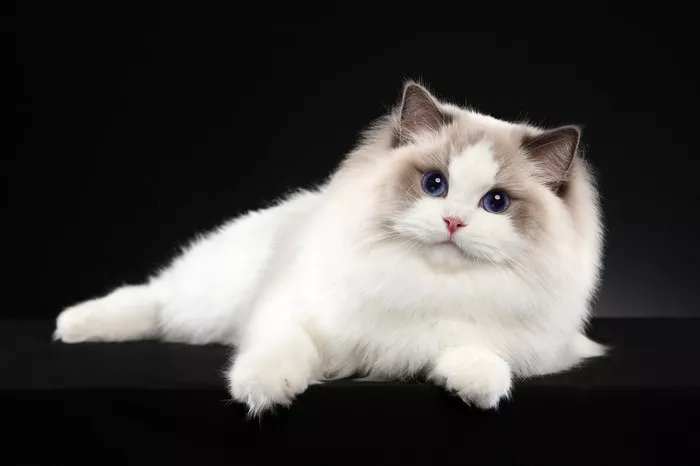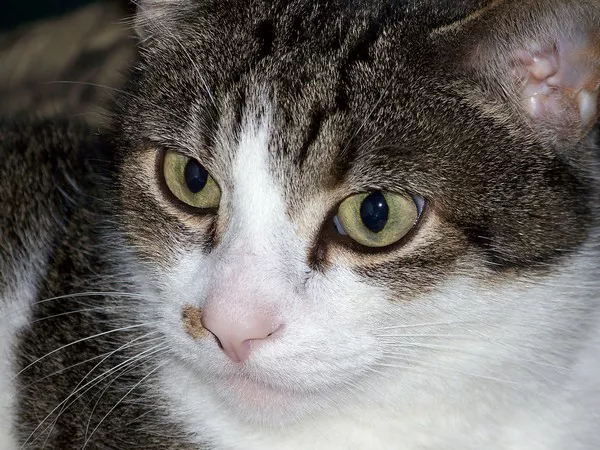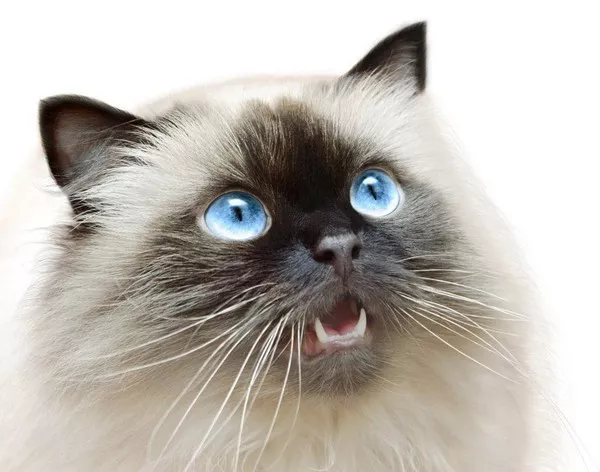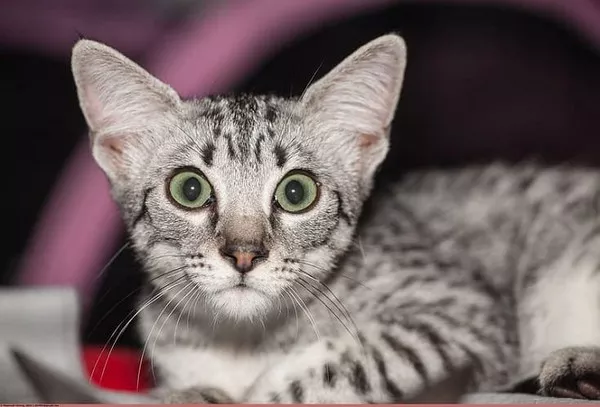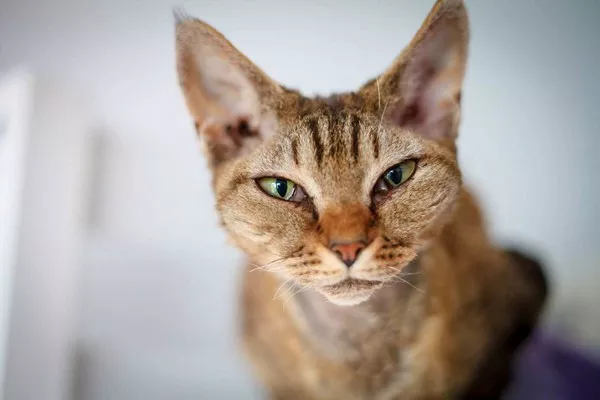Cats, with their discerning tastes and unique nutritional requirements, prompt many cat owners to carefully consider the ingredients in their feline companions’ diets. Corn, a common ingredient in some commercial cat foods, often sparks debates within the pet care community. In this article, we will delve into the question: Should cats eat corn? Through an exploration of nutritional aspects, potential benefits, and considerations for feline health, we aim to provide cat owners with a comprehensive understanding of the role of corn in their pets’ diets.
The Role of Corn in Cat Food Formulations
Understanding Corn as a Carbohydrate Source
Corn, in various forms, is frequently included in commercial cat food formulations. It serves as a source of carbohydrates, contributing to the energy content of the diet. Carbohydrates play a role in providing readily available energy for cats, which can be important for their overall well-being.
Nutrient Composition of Corn
Corn also contains essential nutrients such as fiber, vitamins, and minerals. These nutrients can contribute to the overall nutritional profile of cat food. However, it’s crucial to consider the balance of these nutrients in relation to a cat’s specific dietary requirements.
Feline Nutrition: Carnivores with Unique Needs
Obligate Carnivores: The Cat’s Dietary Profile
Cats are obligate carnivores, meaning their diets primarily consist of meat. Unlike omnivores, such as dogs, cats have specific nutritional needs that are best met through animal-based proteins and fats. While they do require certain nutrients found in plant matter, the majority of their diet should come from animal sources.
Protein Requirements
Proteins are fundamental to a cat’s diet, providing essential amino acids necessary for various physiological functions. Animal proteins contain these amino acids in forms that are highly bioavailable to cats. While corn does contain some protein, it may not meet the specific amino acid profile required by obligate carnivores.
Fats and Essential Fatty Acids
Fats, particularly animal fats, are crucial for a cat’s energy needs and the absorption of fat-soluble vitamins. Cats also require specific essential fatty acids, such as arachidonic acid, which are predominantly found in animal tissues. While corn does contain fats, it may not provide the optimal composition of fatty acids for feline health.
Considering Digestibility and Bioavailability
Digestibility of Corn in Cats
One factor to consider when evaluating the inclusion of corn in cat food is its digestibility. Cats may not digest plant-based ingredients as efficiently as animal-based ones. While corn is not inherently indigestible for cats, the form in which it is included in the diet and its processing can influence its digestibility.
Bioavailability of Nutrients
The bioavailability of nutrients in corn is another consideration. While it does contribute certain vitamins and minerals, the form in which these nutrients are present may not be as readily absorbed by cats compared to nutrients from animal sources. This raises questions about the efficiency of using corn as a primary nutrient source for feline diets.
Potential Benefits of Corn in Cat Food
Carbohydrates as an Energy Source
While cats are obligate carnivores, they can utilize carbohydrates as a source of energy. Corn provides a readily available energy source in the form of starch. This energy can be beneficial, especially in commercial cat foods where a balance of macronutrients is sought.
Fiber Content for Digestive Health
Corn contains fiber, which can contribute to digestive health in cats. Adequate fiber intake supports proper bowel movements and may aid in preventing constipation. However, it’s essential to maintain an appropriate balance, as excessive fiber can have adverse effects.
Cost-Effective Ingredient
From a commercial perspective, corn can be a cost-effective ingredient, making cat food formulations more affordable. This affordability can be a factor in providing a wider range of options for cat owners with varying budget constraints.
Potential Concerns and Considerations
Allergies and Sensitivities
Some cats may develop allergies or sensitivities to specific ingredients, including corn. Allergic reactions can manifest as digestive issues, skin problems, or respiratory symptoms. It’s essential for cat owners to monitor their pets for any adverse reactions and consult with a veterinarian if concerns arise.
Risk of Obesity
Excessive consumption of carbohydrates, including those from corn, can contribute to weight gain in cats. Obesity is a prevalent concern in domesticated cats and is associated with various health issues. Careful portion control and consideration of overall caloric intake are crucial to prevent obesity-related issues.
Urinary Health Concerns
Cats are prone to urinary tract issues, and the composition of their diet plays a role in maintaining urinary health. High-carbohydrate diets, including those containing corn, may contribute to urinary issues in some cats. Monitoring hydration and providing a balanced diet can help mitigate these concerns.
Expert Opinions and Veterinary Perspectives
Balanced Diets and Individual Variations
Veterinarians often emphasize the importance of providing cats with a balanced diet that meets their individual nutritional needs. While corn can be part of a balanced diet, it should not be the primary or sole source of essential nutrients for obligate carnivores.
Consideration of Overall Diet Composition
Veterinary professionals recommend that cat owners consider the overall composition of their pets’ diets rather than focusing on individual ingredients. A well-balanced diet should prioritize high-quality animal proteins and fats while incorporating plant-based ingredients judiciously.
Conclusion
In conclusion, the inclusion of corn in cat food is a nuanced topic that requires careful consideration. While corn can contribute to the overall nutritional content of cat food, it should not be the sole or primary source of essential nutrients for obligate carnivores.
Cat owners must prioritize high-quality, well-balanced diets that align with their pets’ unique nutritional needs. Consulting with a veterinarian to tailor the diet to the individual cat’s health status, age, and lifestyle is crucial for promoting optimal feline health.
Understanding that cats thrive on diets rich in animal-based proteins and fats, cat owners can make informed choices that prioritize the well-being of their feline companions. As research in feline nutrition continues to evolve, the veterinary community remains dedicated to refining dietary recommendations to ensure the longevity and vitality of our beloved feline friends.

